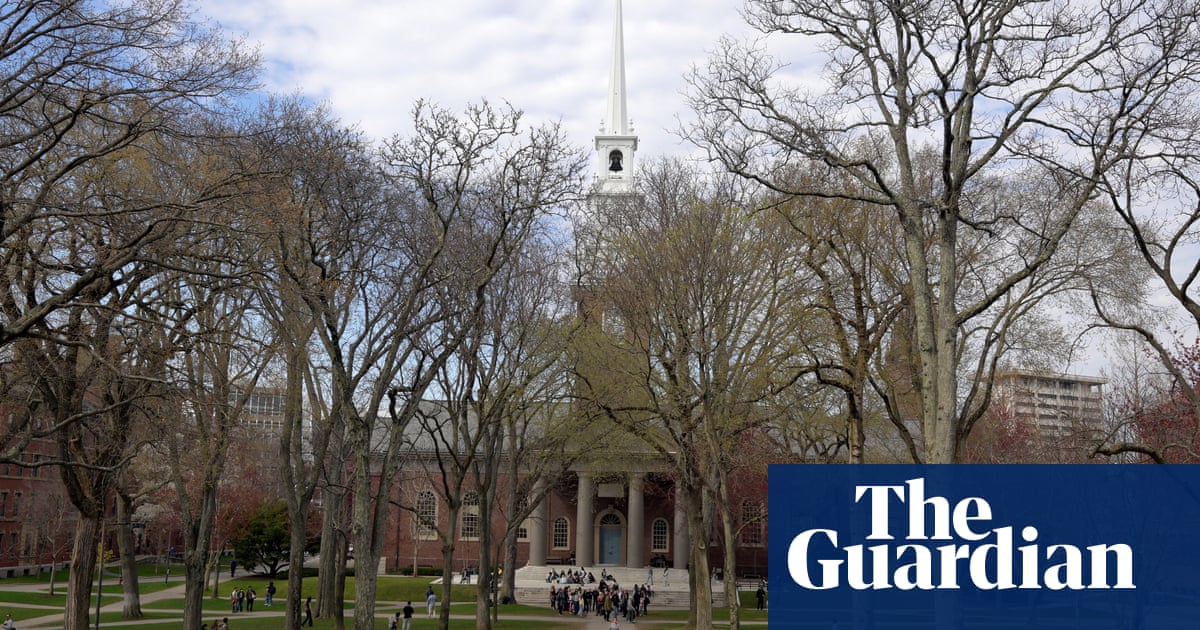TheDonald Trumpadministration is set to order federal agencies to cancel all government contracts with Harvard University worth an estimated $100m, dramatically escalating the president’s assault against America’s most prestigious university.
A planned directive first seenby the New York Timesset to circulate to agencies on Tuesday instructs officials to terminate existing deals and seek new suppliers, marking what the White House describes as a total break with Harvard after decades of collaboration.
The order comes by way of the General Service Administration (GSA) and affects contracts across nine federal departments, from health research to executive training programs. Agencies must report back by early June on which agreements they plan to axe, according to the letter.
“GSA understands that Harvard continues to engage in race discrimination, including in its admissions process and in other areas of student life,” the letter signed by federal procurement chief Josh Gruenbaum reads. It also claims Harvard has shown a “disturbing lack of concern for the safety and wellbeing of Jewish students”.
It represents the most severe blow yet in Trump’s dismantling of Harvard’s federal relationships. Since April, the administration has already frozen $3.2bn in research grants and attempted to ban the university from enrolling foreign students – a move temporarily blocked by federal courts.
Harvard’s leadership has refused to buckle under federal pressure, with the university’s president, Alan Garber, dismissing the administration’s demands as “illegal” attempts “to control whom we hire and what we teach”.
The Ivy League institution, which boasts a $53bn endowment, has launched multiple federal lawsuits challenging the funding freeze and student enrollment restrictions. It argues the White House is violating constitutional protections for academic freedom.
The administration also claims Harvard has not complied with a 2023 supreme court decision banning race as a factor in admissions, even though Black enrollment actually dropped at Harvard – from 18% to 14% among first-year students.
“Going forward, we also encourage your agency to seek alternative vendors for future services where you had previously considered Harvard,” the GSA letter adds.
Trump’s assault on Harvard began during pro-Palestinian campus demonstrations last year but has since expanded into a broader ideological battle against elite higher education. Trump has repeatedly branded top universities as havens for “Marxist maniacs and lunatics” and on Monday mused that he would redirect their federal funding to trade schools.
Congressional Republicans have backed Trump’s university crackdown by approving new taxes on large endowments that could cost Harvard $850m annually, yet the measure still requires Senate approval.
With 6,800 international students making up more than a quarter of its enrollment, Harvard faces an existential threat if Trump succeeds in blocking foreign admissions. Hong Kong universities havealready begun recruitingdisplaced Harvard applicants.
A federal hearing on Thursday will determine whether Harvard’s temporary right to enroll international students should be extended. The university continues to challenge the administration’s demands in court, including requirements to eliminate diversity programs, cooperate with immigration authorities, and ban face masks apparently targeting pro-Palestinian protesters.
